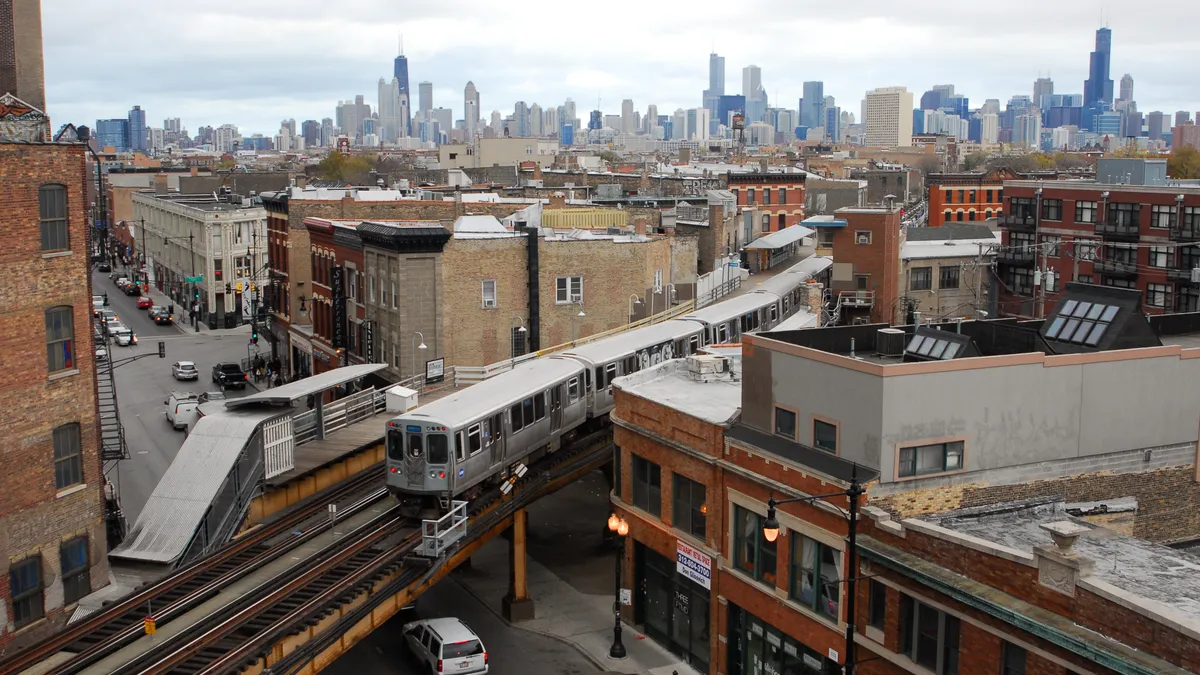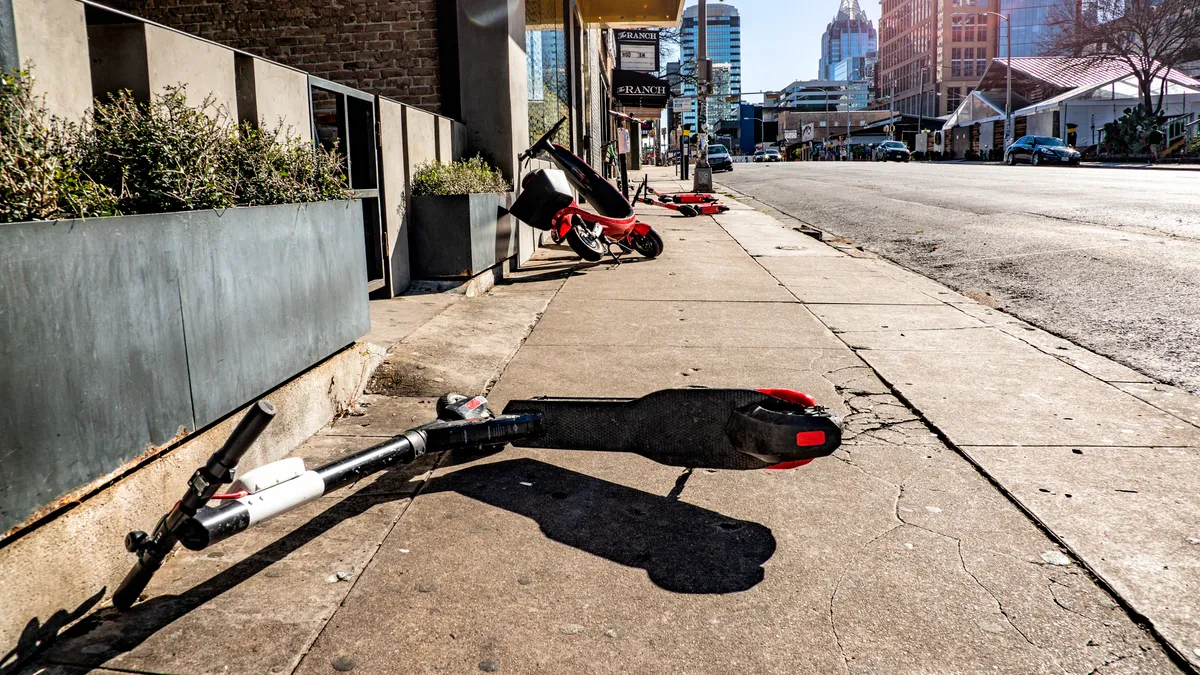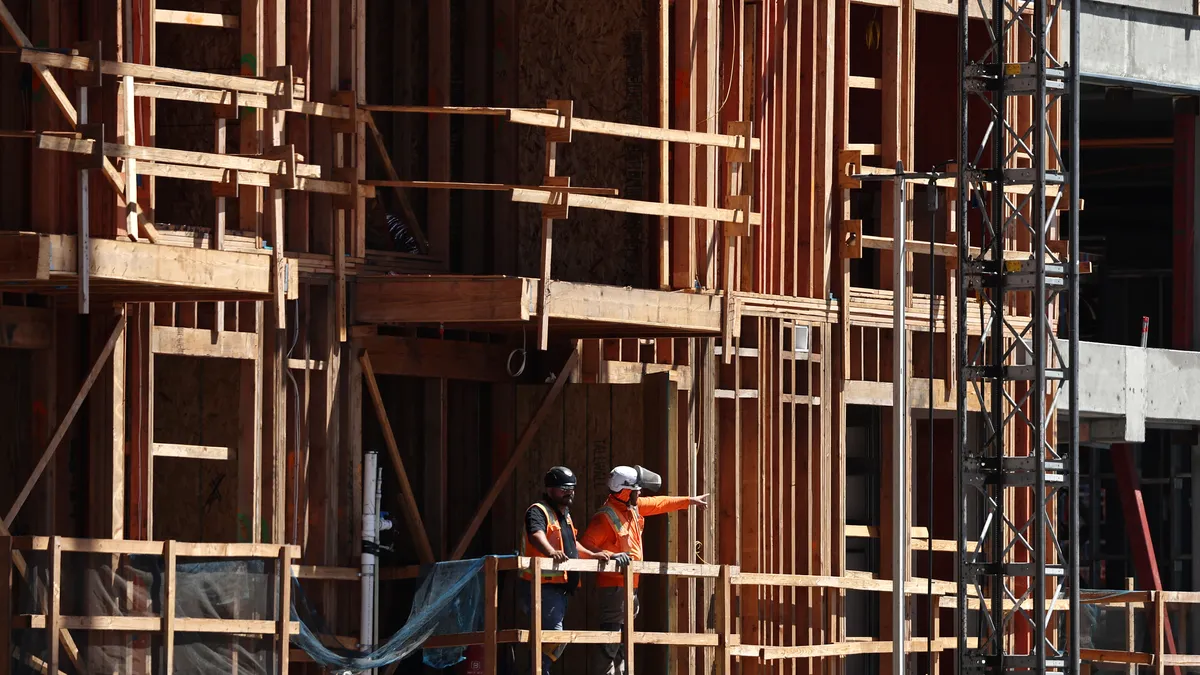Dive Brief:
- Chicago Mayor Rahm Emanuel is proposing a $2.07 million investment to employ returning citizens to clean up vacant lots and beautify neighborhoods affected by gun violence. The investment, to be included in Emanuel’s 2019 budget proposal, would support jobs for more than 200 citizens.
- Of the new funding, $970,000 would go to various programs overseen by the Department of Streets and Sanitation, including the Safer Foundation’s Neighborhood Clean-up program that engages and trains formerly incarcerated citizens. Another $400,000 would go to the Chicago Transit Authority’s Second Chance program, which supports residents facing challenges in the workforce, and the remainder will expand the Chicago Department of Transportation’s Greencorps program.
- "By expanding these programs and partnerships, we will continue to provide residents who are willing to work hard with the chance at a job and the success that comes with it, which in turn, will have lasting impacts on the lives of their families, communities, and the economic health and well-being of our City," Emanuel said in a statement. "By getting returning citizens into the workforce, we’ll lower unemployment, increase self-sufficiency and reduce recidivism all while beautifying communities across the city."
Dive Insight:
Neighborhood beautification may sound trivial compared to the gravity of Chicago’s gun violence problem, but research has shown that reducing blight and increasing green space not only makes residents happier and healthier, but increases their attachment to cities. A survey by the Knight Foundation Soul of the Community Initiative covering 43 cities found that "social offerings, openness and welcome-ness" were more important than even education as a "driver of attachment" to a city. That’s why blight cleanup and green space projects have become popular in cities across the country.
When University of Pennsylvania academics studied a neighborhood revitalization project in Philadelphia, they found that neighborhoods were vacant lots were cleaned up saw a 29% drop in gun violence and a 22% decrease in burglaries. More than half of residents had fewer security concerns outside the home, and more than 75% reported spending more time outside for relaxing and socializing. Their findings were published this February in the Proceedings of the National Academy of Sciences.
The proposed investments — modeled off of similar programs in other cities — would also help provide job training or employment for residents who have often been left behind, or could have trouble re-entering the workforce. Overall, Emanuel has proposed spending $7.4 million on workforce programs for formerly incarcerated residents in a bid to stop recidivism.










